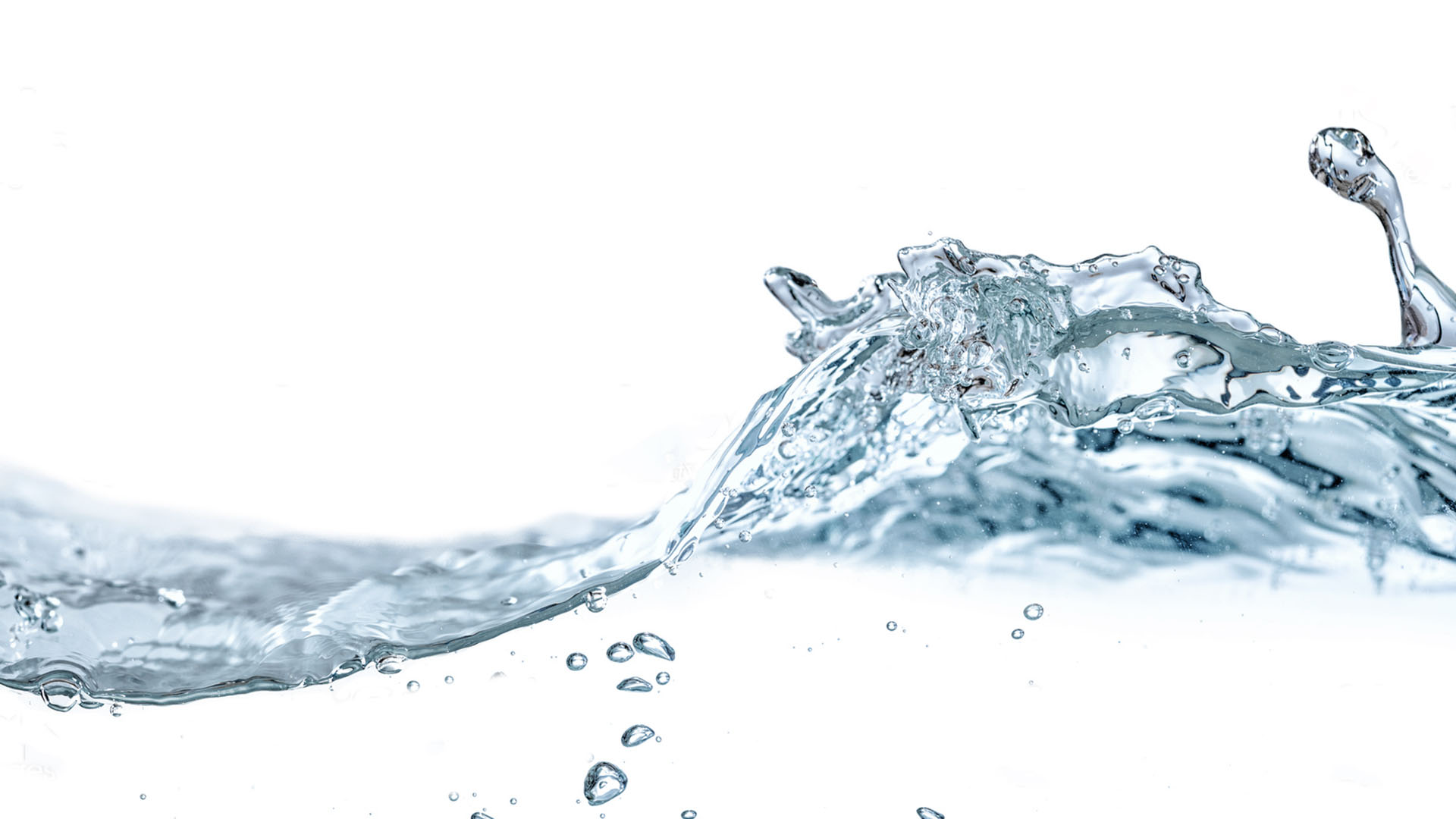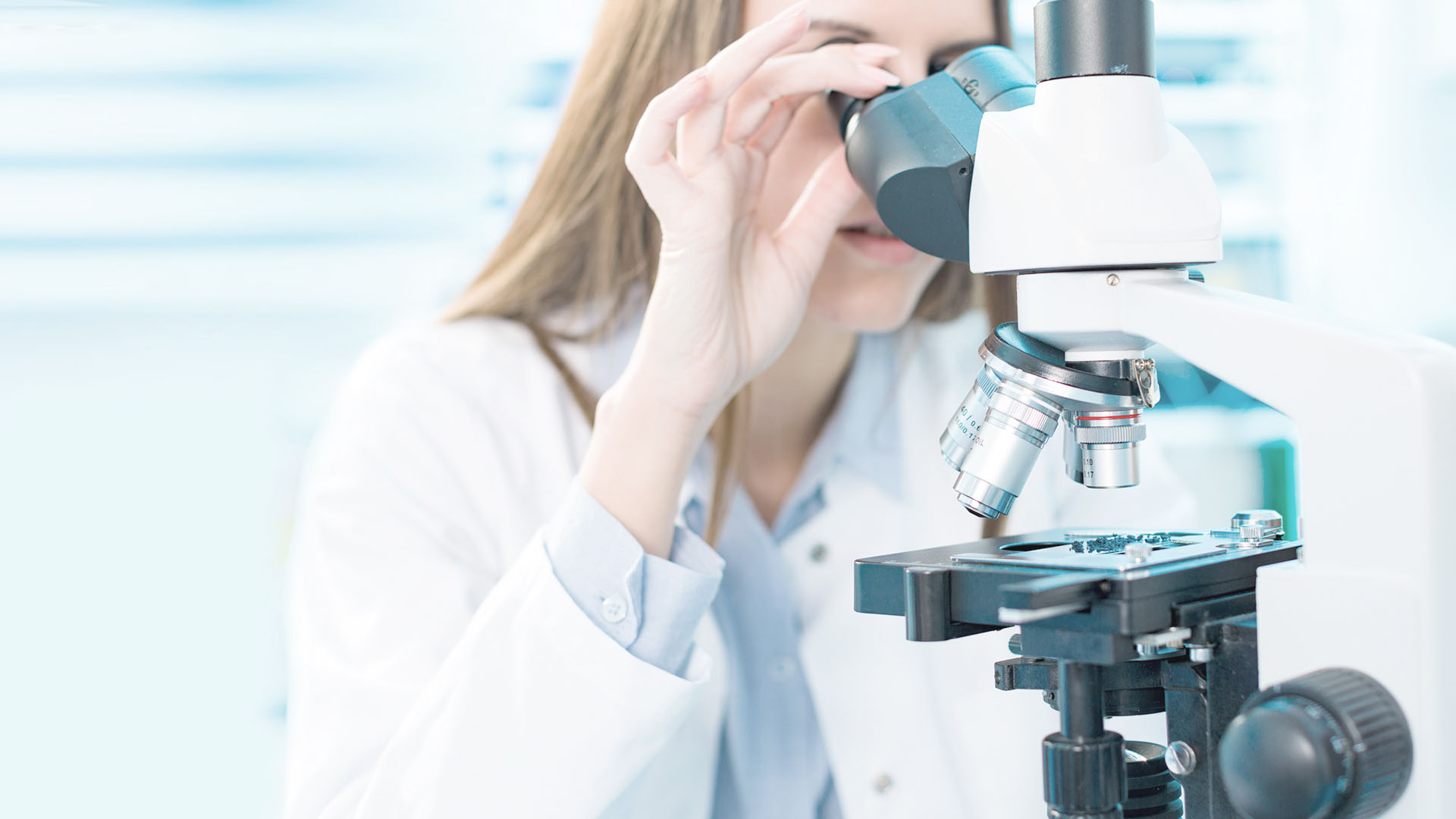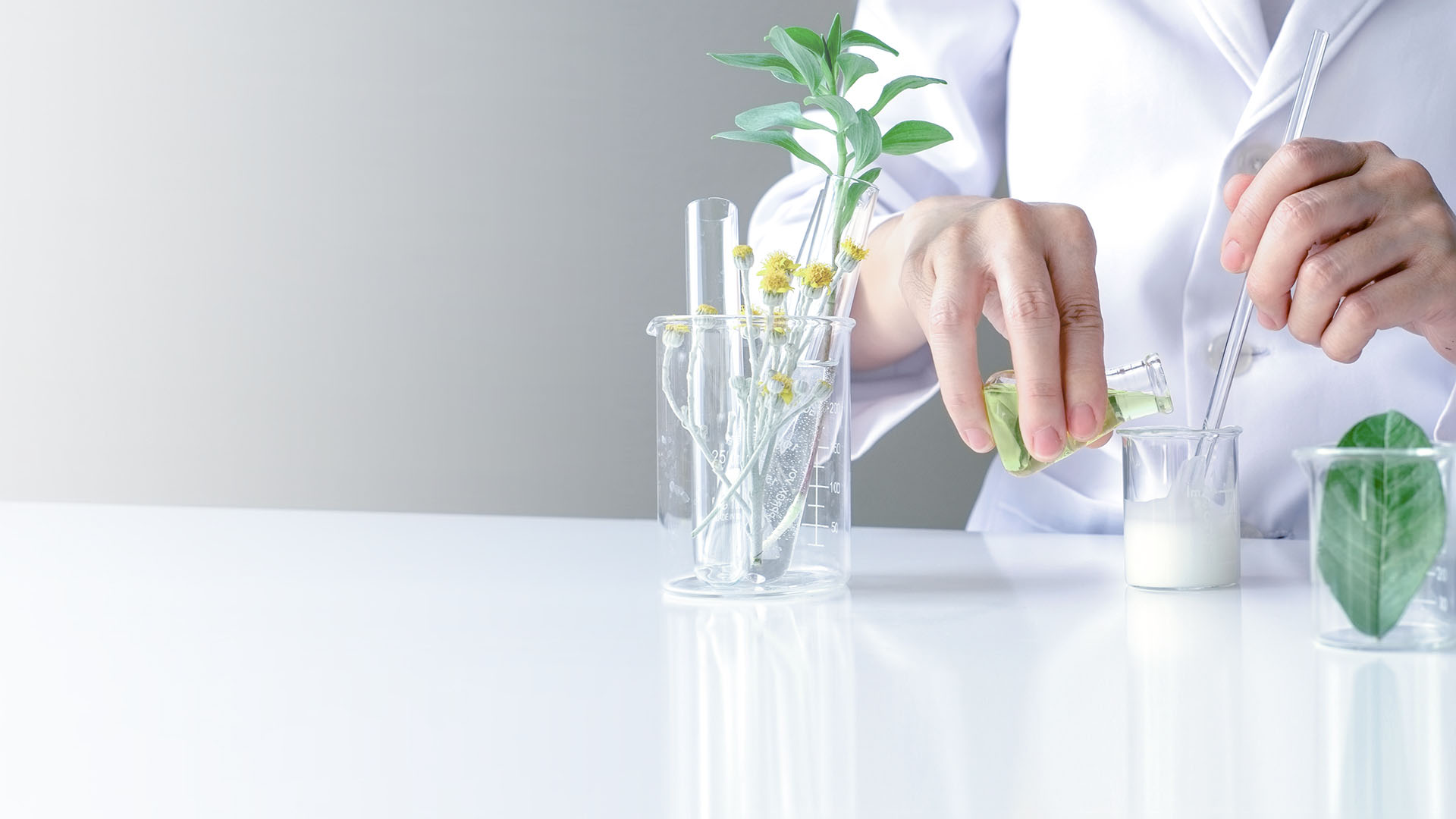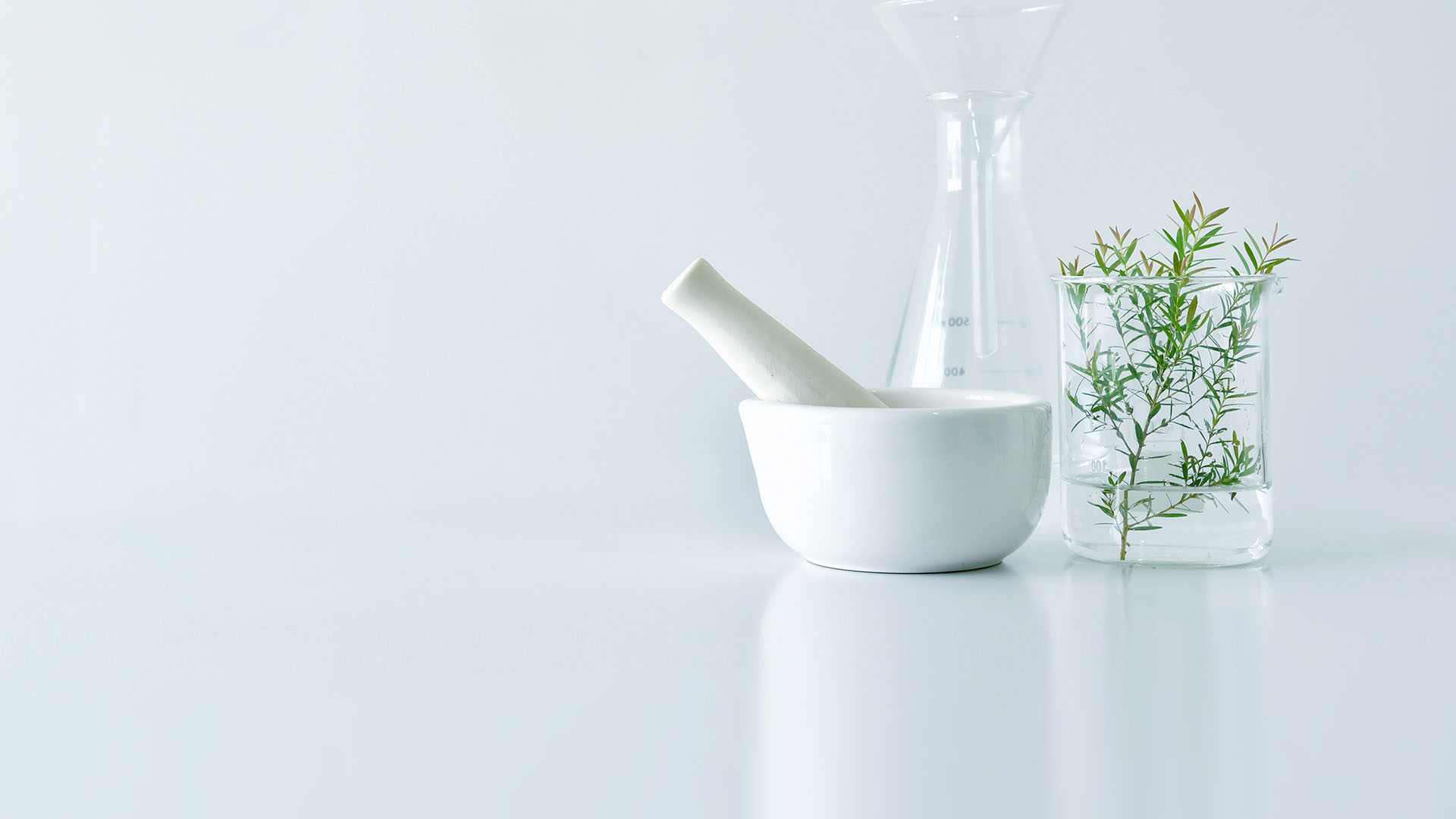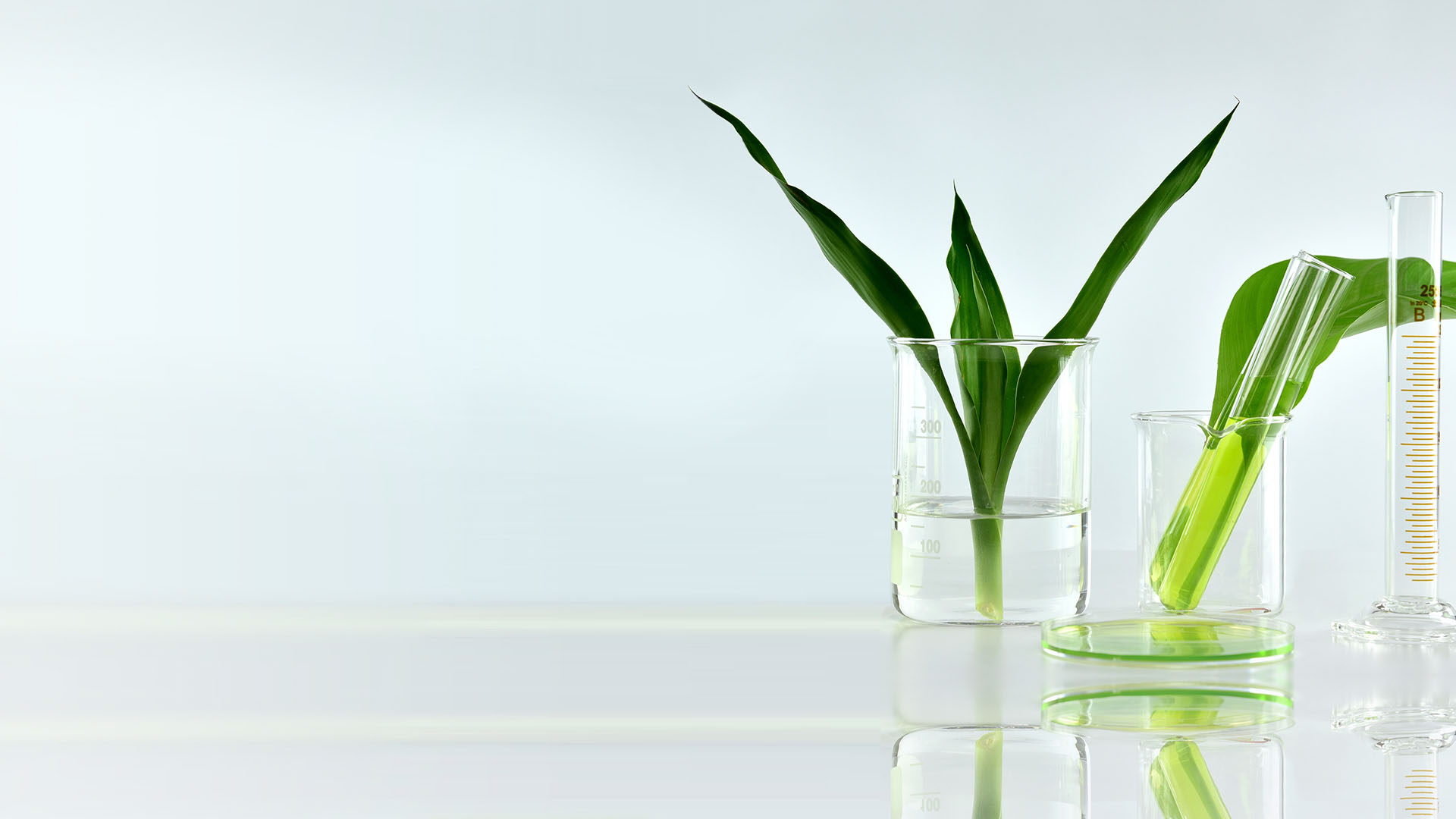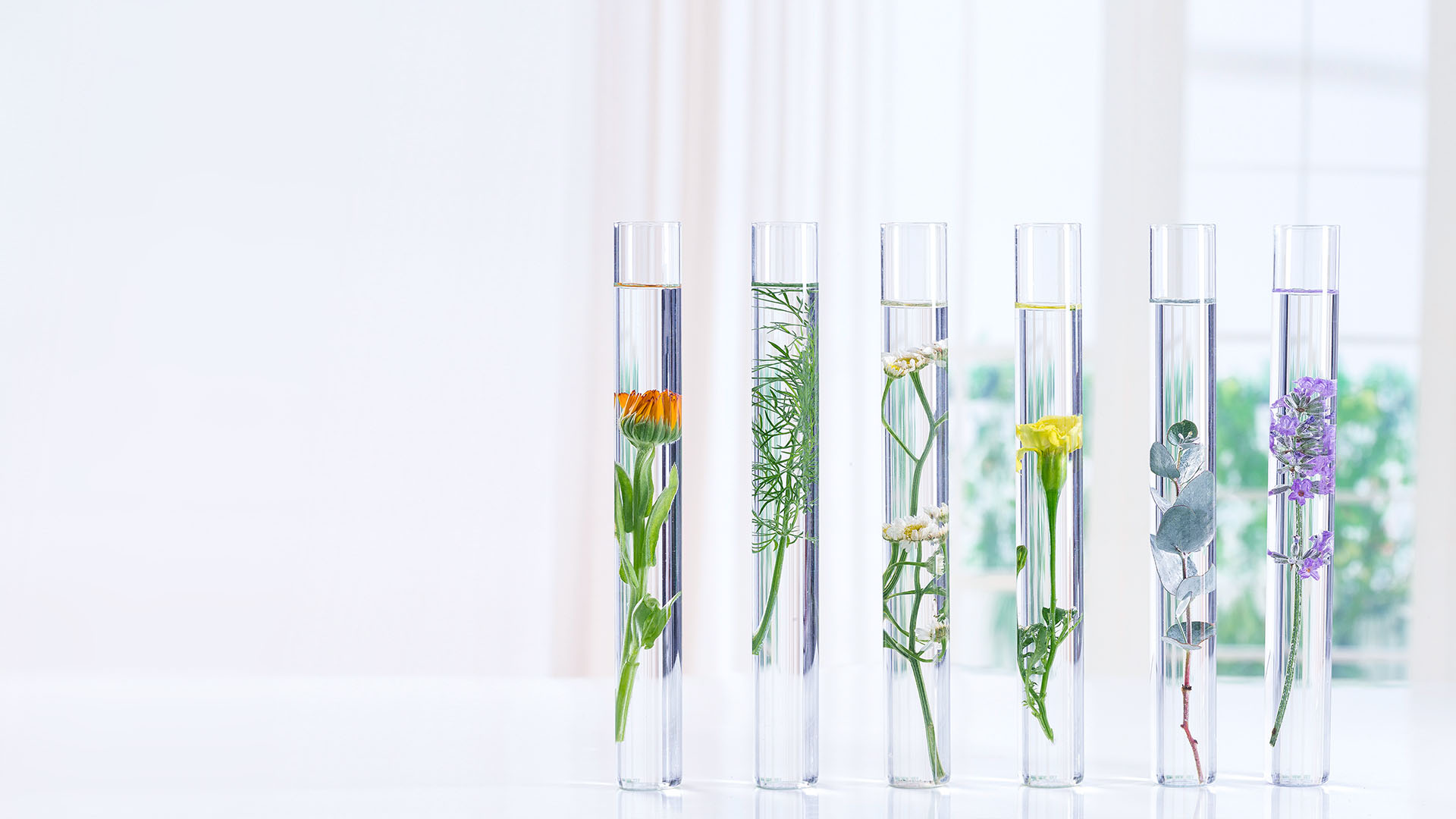Despite the clear and weighty evidence based on reputable scientific facts, large parts of the media, unwitting doctors and alleged “nutritionists” keep spreading incorrect and misleading facts about the animal food industry and archaic and faulty doctrines. Altogether, this is a major health scandal. The prevention of diseases should be considered at least as important as their treatment. But our health systems earn millions with the treatment of chronic diseases caused by unhealthy diets. A massive new health policy aimed at prevention might take away large parts of the health industry’s profits. So it comes as no surprise that the conflicting interests of the health and animal industries, combined with widespread misinformation, have led to a situation in which the prevention of diseases through good nutrition falls by the wayside. And so it completes a circle in which humans, animals and the environment suffer tremendously. It is therefore in the interest of all citizens to look after their own diet.
A vegan diet that is varied and carried out appropriately is the healthiest diet of all – and the only truly healthy diet for human beings. However, just leaving out meat, milk, cheese, eggs and fish won’t make it a healthy diet. A poorly devised vegan diet that is not varied and includes too much refined sugar and too much additional oils and fats is unhealthy, too! And this is despite the numerous scientific nutrition studies that found that the majority of vegans are healthier than meat-eaters and vegetarians.
It must be emphasized once again that a vegetarian diet offers no health advantages and, least of all, any ethical benefit. Although studies have shown a better health status for many vegetarians, this is primarily related to vegetarians generally leading a healthier lifestyle and developing increased health awareness. According to scientific studies, milk and dairy products are the unhealthiest of all foodstuffs (due to high levels of hormones, carcinogenic animal proteins, carcinogenic environmental toxins).
Anybody wishing to eat a vegan diet should be particularly aware of his or her vitamin B12 intake – a vitamin built only by micro-organisms (bacteria). It is therefore mostly found in easily perishable animal foods like meat and milk. It has been suggested that plant-based foods can contain vitamin B12 under certain circumstances, but as this source is too uncertain, I will not discuss this option further. Alleged “experts” tend to name a possible lack of vitamin B12 as the biggest argument against a vegan diet. And this is despite the fact that many omnivores are deficient in vitamin B12, too. In order to make veganism the healthiest diet, one has to make sure his or her diet is varied and obtain an appropriate source of vitamin B12.
For a vegan diet to be the healthiest of all diets, a few simple rules need to be followed. In my view, unfortunately, these principles are considered too seldom.
I highly recommend the following publications for further information:
- Book Vegan Nutrition by Gill Langley
- Website of the Physicians' Committee for Responsible Medicinewww.pcrm.org/health/veginfo/nutritionfaq.html
- ADA (American Dietetic Association) position paper on the health advantages of vegetarian and vegan diets, 2009: www.eatright.org/About/Content.aspx?id=8357&terms=vegan
- Website of the Medical Society for the Promotion of a Vegetarian Diet: www.fleisch-macht-krank.de
- www.nomilk.com

